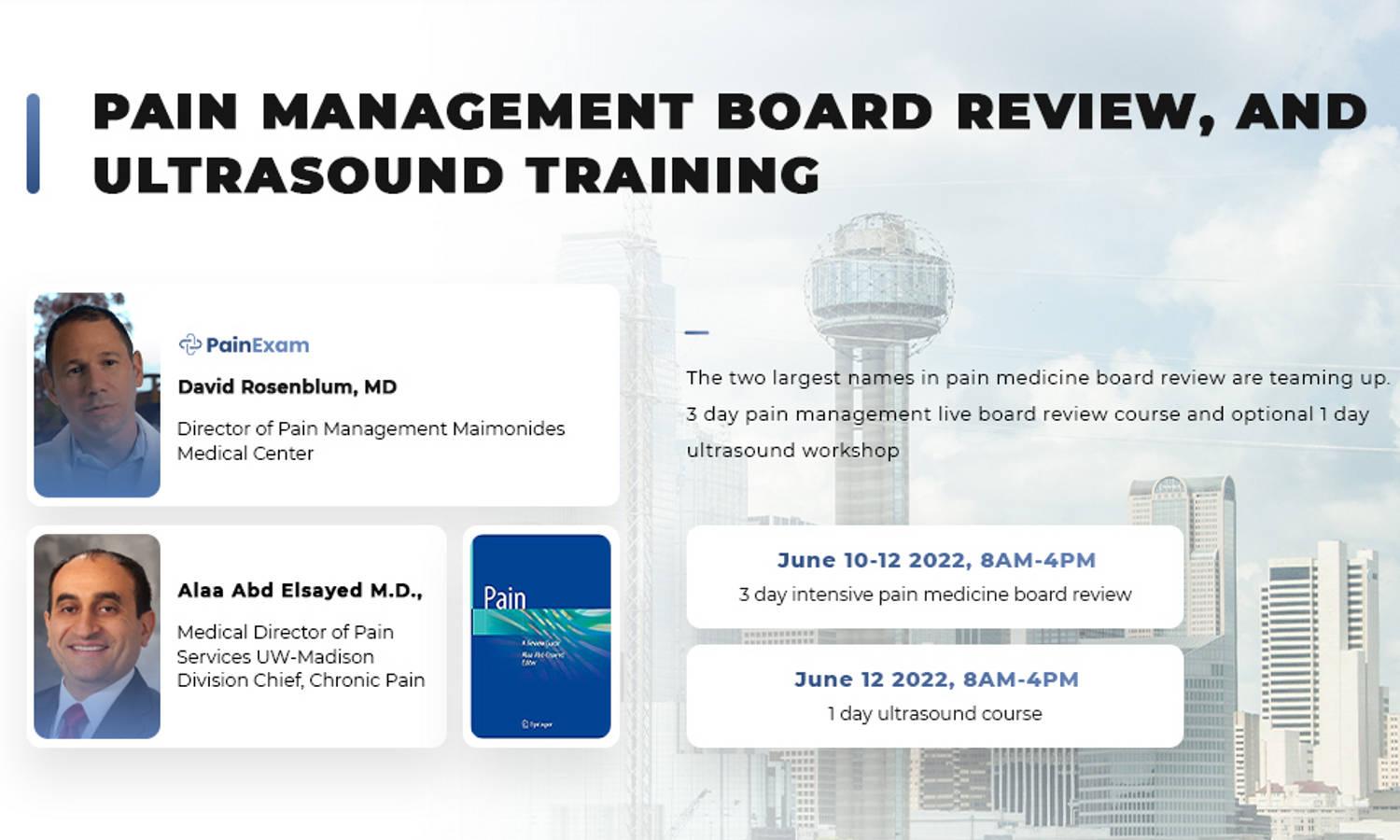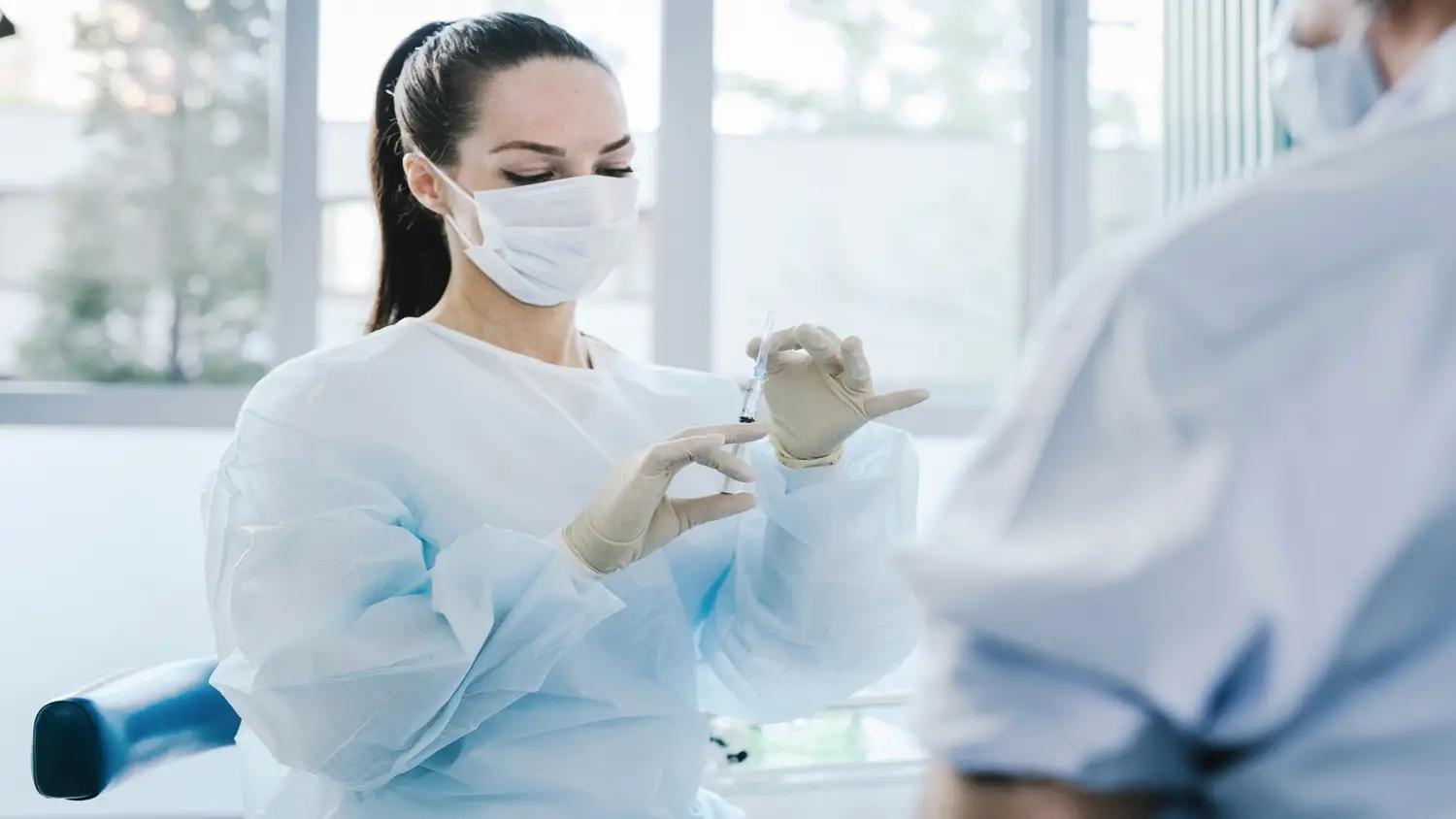
The Shoulder: Steps to Successful Treatment (Sep, 2024)
The Shoulder: Steps to Successful Treatment is organized by National Centre of Rehabilitation Education (NCORE) and will be held from Sep 12 - 13, 2024 at Florence Nightingale Community Hospital, Derby, England, United Kingdom.
Overview:
This two day course looks at the current evidence base regarding shoulder function and how it impacts assessment and management. Simple assessment strategies will enable participants to design effective treatment interventions, which reflect the functional needs of patients. The course will look at the challenges of true evidence based practice and how developments in the motor learning and communication literature offer opportunities for enhancing interventions. It will provide participants with a simple and structured approach to the management of the shoulder complex and common pathologies, which is immediately applicable in clinical practice. The course is designed to be fun and informal and incorporates lots of case examples.
Course Aims:
- To present the current literature regarding dynamic stability of the shoulder complex and explore the application to clinical assessment and treatment.
- To present the current literature regarding the pathophysiology of common shoulder conditions and describe the impact on the dynamic stabilisers.
- To demonstrate key assessment tools to explore function of the dynamic stabilisers of the shoulder as a basis for treatment planning.
- To demonstrate key treatment approaches based on the current evidence to address movement dysfunction in the shoulder complex.
Learning Outcomes:
By the end of this two day course the participant should;
- Understand current concepts of dynamic stability of the shoulder joint.
- Understand current theories relating to the pathophysiology of common shoulder conditions and their impact on dynamic stability of the shoulder joint.
- Develop an awareness of current research regarding evidence based treatment of shoulder pathology.
- Understand key assessment and treatment tools for the successful treatment of the shoulder joint.
- Have the ability to clinically reason key treatment approaches in the management of common shoulder conditions based on movement dysfunction









